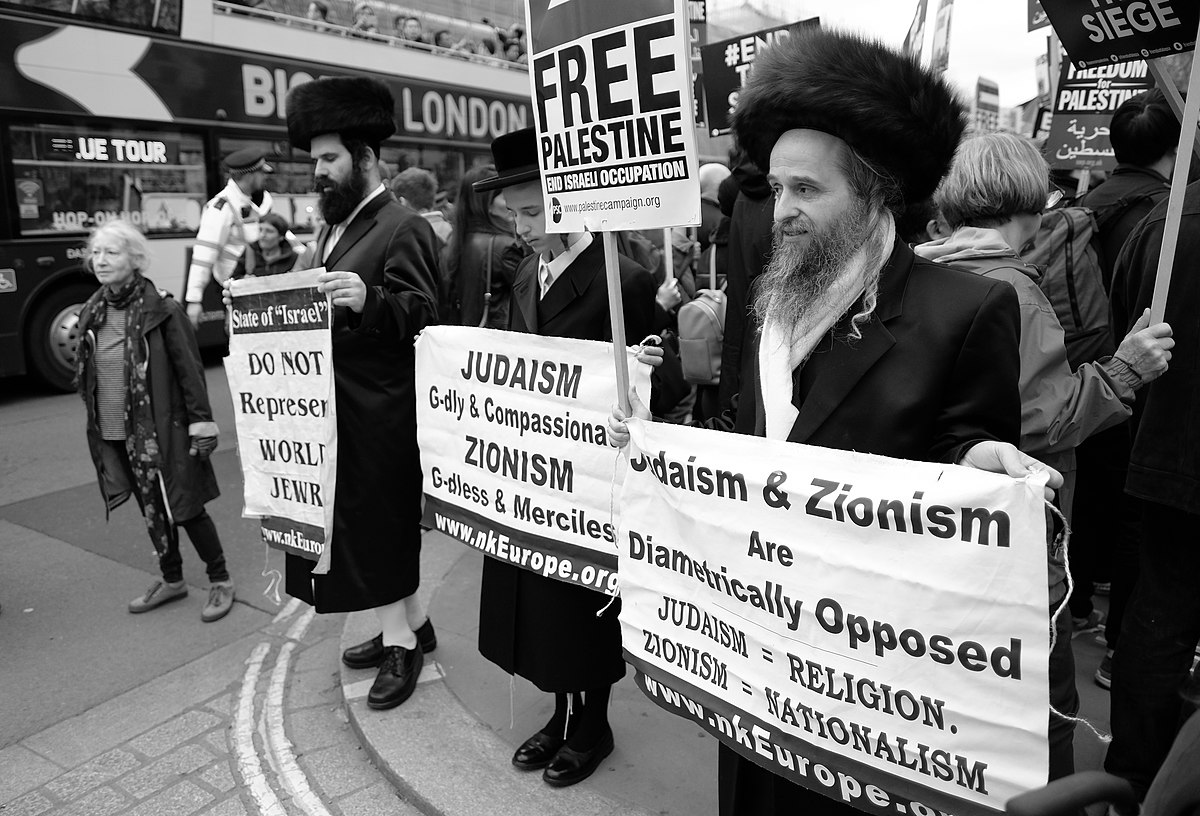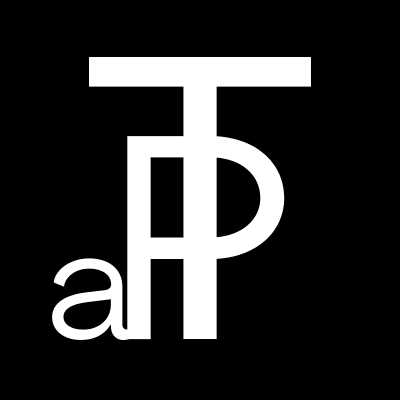The conflation of antizionism with antisemitism is a contentious and often misleading political tactic used to silence criticism of Israel’s policies and actions. While antisemitism is a form of bigotry targeting Jewish people as a religious or ethnic group, antizionism is a political stance opposing the ideology of Zionism – the movement advocating for a Jewish state in historic Palestine. These two concepts are fundamentally distinct, yet they are frequently conflated to shield Israel from accountability and to stigmatize legitimate dissent.
The Long History of Antisemitism in Europe
Antisemitism has deep roots in Europe, stretching back to ancient times. In the Roman Empire, Jews faced persecution, including the destruction of the Second Temple in 70 CE and mass expulsions. During the Middle Ages, European Jews were subjected to blood libels, forced conversions, and ghettoization. The Spanish Inquisition (1492) led to the expulsion or forced conversion of Jews, while pogroms in Eastern Europe—particularly in Russia—regularly massacred Jewish communities.
By contrast, Jewish communities in the Middle East and under Islamic rule often experienced relative stability.
Fast forward to the 20th century, and the worst genocide against Jews—the Holocaust—was perpetrated by Germany. (Nowadays, Germany refuses to arrest Netanyahu despite an ICC arrest warrant…)
The Birth of Zionism: A Response to European Antisemitism
Facing persistent violence against Jews in Europe, Theodor Herzl sought solutions. His first idea was mass baptism of Jews in Vienna’s St. Stephen’s Cathedral – a proposal that pleased neither Christians nor Jews. His second idea, outlined in his very short book Der Judenstaat (1896), was the creation of a Jewish state.
Herzl didn’t claim Palestine was “a land without a people. He acknowledged the Arab presence and predicted conflict, writing about:
Should the Powers declare themselves willing to admit our sovereignty over a neutral piece of land, then the Society will enter into negotiations for the possession of this land. Here two territories come under consideration, Palestine and Argentine. In both countries important experiments in colonization have been made, though on the mistaken principle of a gradual infiltration of Jews. An infiltration is bound to end badly. It continues till the inevitable moment when the native population feels itself threatened, and forces the Government to stop a further influx of Jews. Immigration is consequently futile unless we have the sovereign right to continue such immigration.
The Society of Jews will treat with the present masters of the land, putting itself under the protectorate of the European Powers, if they prove friendly to the plan. We could offer the present possessors of the land enormous advantages, assume part of the public debt, build new roads for traffic, which our presence in the country would render necessary, and do many other things. The creation of our State would be beneficial to adjacent countries, because the cultivation of a strip of land increases the value of its surrounding districts in innumerable ways.
(you can access the full book for free here.)
The British, seeking Jewish financial support during WWI, issued the Balfour Declaration (1917) supporting a “Jewish national home” in Palestine – despite the region being over 90% Arab. Early Jewish settlers were welcomed initially, but tensions grew over land, resources and political control, leading to violent clashes.
Zionism Declared a Form of Racism – Then Erased
In 1975, the UN General Assembly passed Resolution 3379 declaring Zionism a form of racism. The resolution was revoked in 1991 under intense U.S. and Israeli pressure. The Secretary General of the United Nations Kofi Annan stated in 2011 that it was deplorable “that the General Assembly adopted in 1975 a resolution which assimilated Zionism with racism” and that he welcomed that it later came back on its position.

The UN’s structural imbalances remain glaring:
- No Middle Eastern or African permanent Security Council members
- Countries of mediocre influence and small pupulation size like Britain and France hold veto power while nations like Nigeria, India and Brazil – representing billions – are excluded
- A Reform of the United Nations is blocked by Russia and China protecting their own interests
The Essential Distinction
This historical context reveals a crucial distinction: while European powers systematically persecuted Jewish communities for centuries, (ultimately culminating in the Holocaust), the Zionist response to this oppression created new injustices against Palestinians. The false equation of antizionism with antisemitism not only distorts history but serves to perpetuate the ongoing displacement and subjugation of Palestine’s indigenous population. True justice requires recognizing anti-Jewish racism as a distinct phenomenon from legitimate opposition to settler-colonialism.





